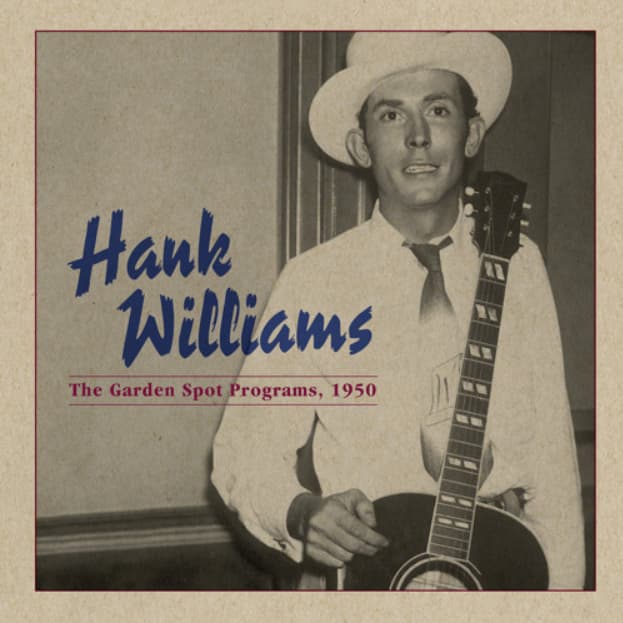
Mind Your Own Business: A Country Anthem for Privacy and Personal Freedom
In the realm of country music, Hank Williams stands as a towering figure, an artist who wove tales of love, loss, and the human condition with a poetic simplicity that resonated with audiences worldwide. Among his many enduring classics, “Mind Your Own Business” holds a special place, not only for its catchy melody and relatable lyrics but also for its timeless message of personal freedom and the importance of respecting boundaries.
Released in 1949, “Mind Your Own Business” was an instant hit, topping the Billboard country charts and establishing Williams as a star. The song’s lyrics, penned by Williams himself, are a direct and unapologetic plea for privacy, a declaration of independence from the prying eyes and gossiping tongues of others.
As the song opens, Williams sets the scene with a domestic scenario: “If the wife and I are a-fussin’, brother that’s our right / ‘Cause me and that sweet woman’s got a license to fight.” This opening line immediately establishes the song’s central theme: the right to privacy within one’s own personal life. Williams is not asking for permission to argue with his wife; he is simply stating that their disagreements are their own business, and no one else’s.
The chorus, with its repeated refrain of “Why don’t you mind your own business?”, is a powerful declaration of personal sovereignty. Williams is not asking for secrecy or hiding from the world; he is simply asserting his right to live his life as he sees fit, without the interference of others.
The second verse expands on this theme, introducing the image of a “nosy thing” who eavesdrops on the party line, listening in on Williams’s private conversations. This intrusion into his personal life is met with the same firm rebuke: “Why don’t you mind your own business?”
The song’s bridge offers a moment of reflection, as Williams acknowledges that everyone has their own problems and burdens to bear. “If I give my head a beatin’ black and blue / Now that’s my wife and I in our own little feud.” This admission of personal struggles underscores the importance of respecting others’ privacy, as we all have our own battles to fight.
The final chorus reiterates the song’s central message, with Williams driving home the point that “If you mind your own business / Then you won’t be minding mine.” This is not a call for isolation or a rejection of human connection; rather, it is a plea for mutual respect and understanding, a recognition that each individual has the right to their own private sphere.
In a world that often feels increasingly intrusive and interconnected, “Mind Your Own Business” remains a powerful and relevant anthem for personal freedom and privacy. Hank Williams’s simple yet profound lyrics offer a timeless reminder of the importance of respecting boundaries and minding our own business.